Summaries of books about Political Theory:
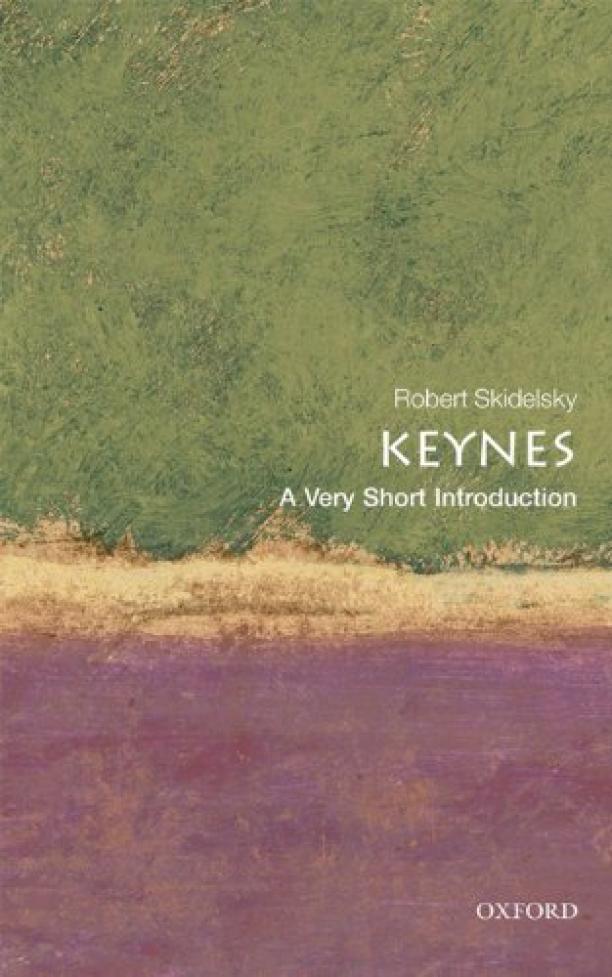
Keynes
A Very Short Introduction
Robert Skidelsky
The book provides a concise overview of the life and work of the influential economist John Maynard Keynes, exploring his theories on how governments should manage economies, particularly during times of financial crisis. It delves into his contributions to macroeconomic thought, his role in shaping post-war economic policies, and his lasting impact on economic practices and policymaking.
See full summary
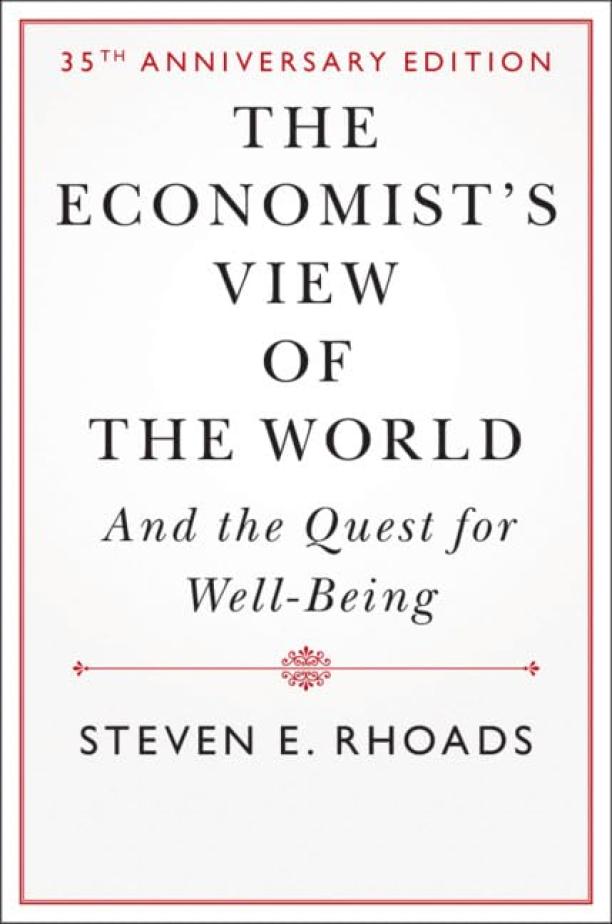
The Economist's View of the World
And the Quest for Well-Being
Steven E. Rhoads
The book examines economic principles and how they influence public policy, arguing that economic thinking should be applied to a wide range of social issues to improve overall well-being. It explores the tension between market forces and government intervention, discussing the impact of incentives, trade-offs, and efficiency on policy decisions and societal outcomes.
See full summary
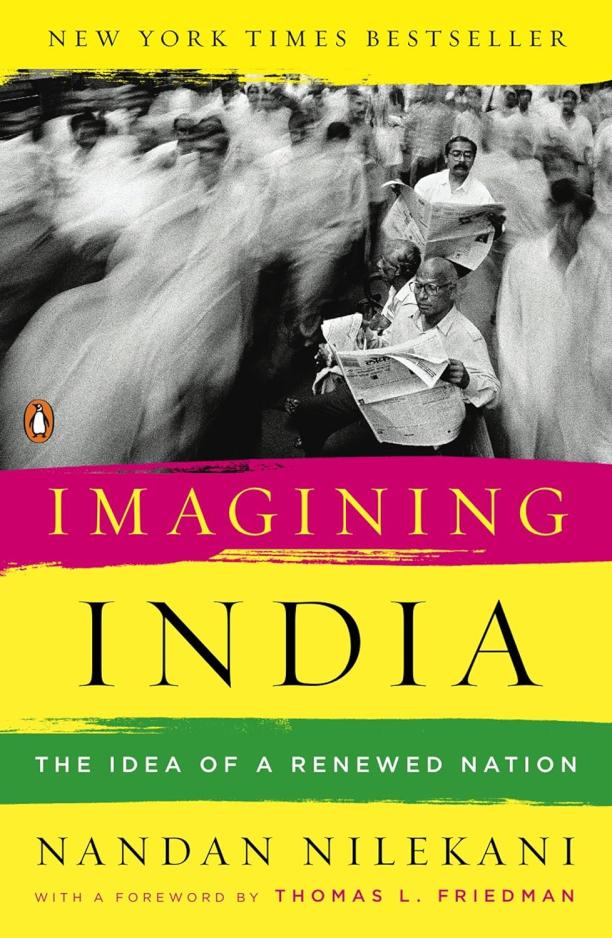
Imagining India
The Idea of a Renewed Nation
Nandan Nilekani
The book presents a comprehensive vision for transforming India into a modern global economy, discussing challenges such as education, infrastructure, and social reform. It offers a blend of personal narrative, historical analysis, and economic strategy, reflecting on India's past and proposing pathways for its future development.
See full summary
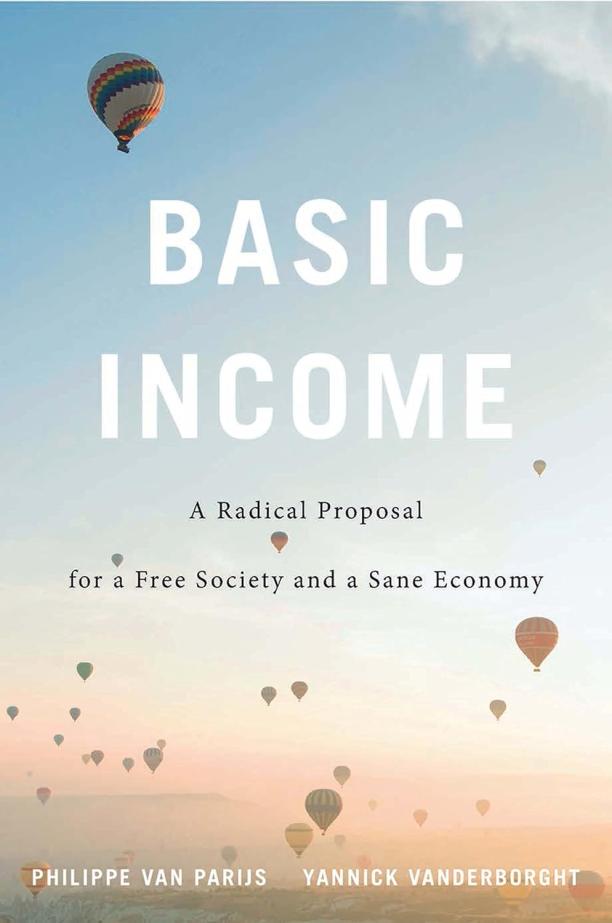
Basic Income
A Radical Proposal for a Free Society and a Sane Economy
Philippe Van Parijs|Yannick Vanderborght
The book explores the concept of universal basic income (UBI), arguing for its implementation as a means to promote social justice and economic stability. It delves into the practicalities of funding and distributing a UBI, addressing common objections and considering its potential impact on various aspects of society, including labor markets, welfare systems, and individual freedom.
See full summary
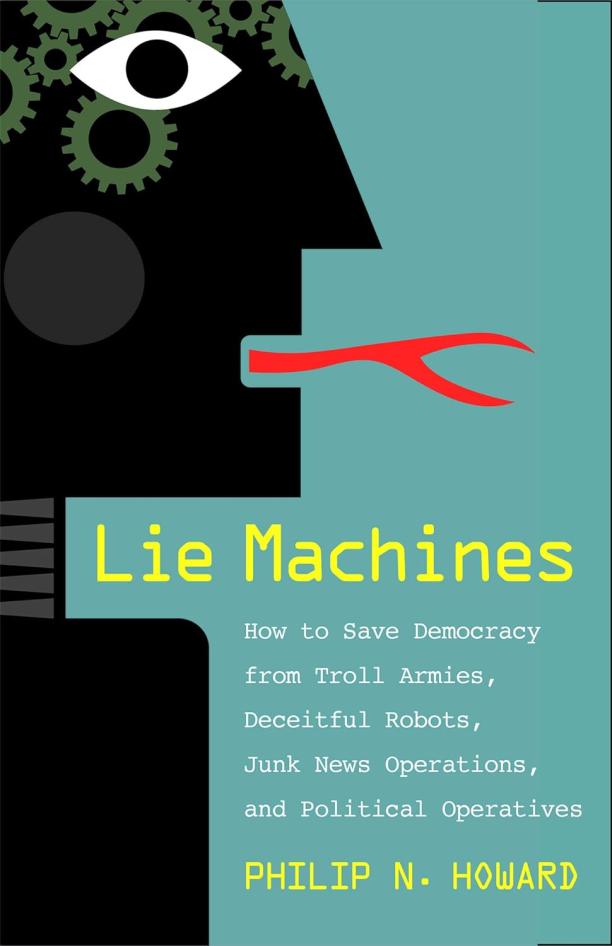
Lie Machines
How to Save Democracy from Troll Armies, Deceitful Robots, Junk News Operations, and Political Operatives
Philip N. Howard
The book explores the impact of digital misinformation and the use of social media and algorithms to spread propaganda, manipulate public opinion, and undermine democratic processes. It delves into the tactics of political operatives and proposes strategies for countering the proliferation of "lie machines" to protect the integrity of democratic institutions.
See full summary
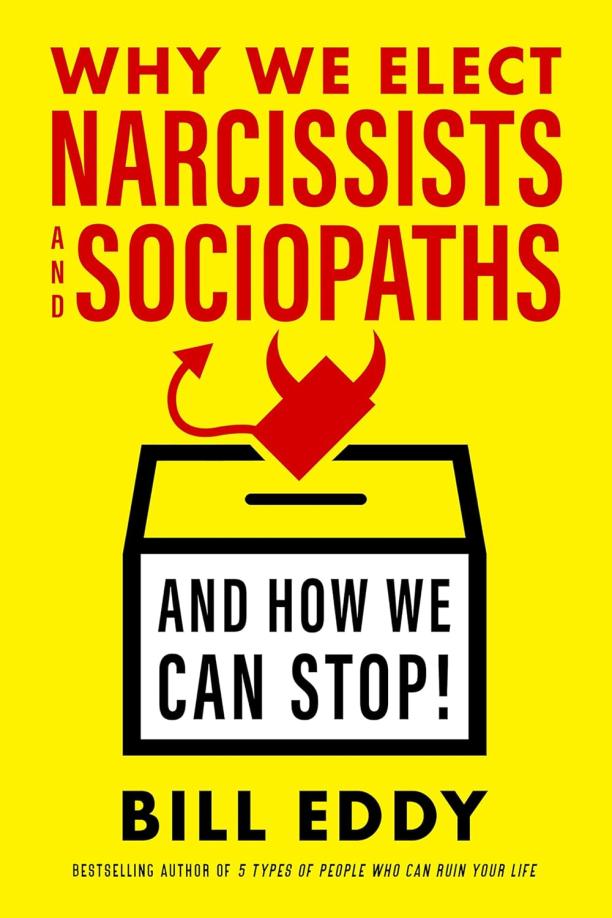
Why We Elect Narcissists and Sociopaths—And How We Can Stop!
Bill Eddy
The book examines the psychological traits of high-conflict personalities, such as narcissists and sociopaths, and their appeal to the public in leadership roles. It provides insights into the patterns of their behavior and offers strategies for voters and leaders to recognize, prevent, and counteract the influence of such personalities in politics.
See full summary

The Lesser Evil
Political Ethics in an Age of Terror
Michael Ignatieff
The book examines the ethical dilemmas faced by liberal democracies when responding to the threat of terrorism, exploring the balance between security and human rights. It discusses the concept of a "lesser evil" as a pragmatic approach to making difficult moral choices in the context of political violence and counter-terrorism strategies.
See full summary
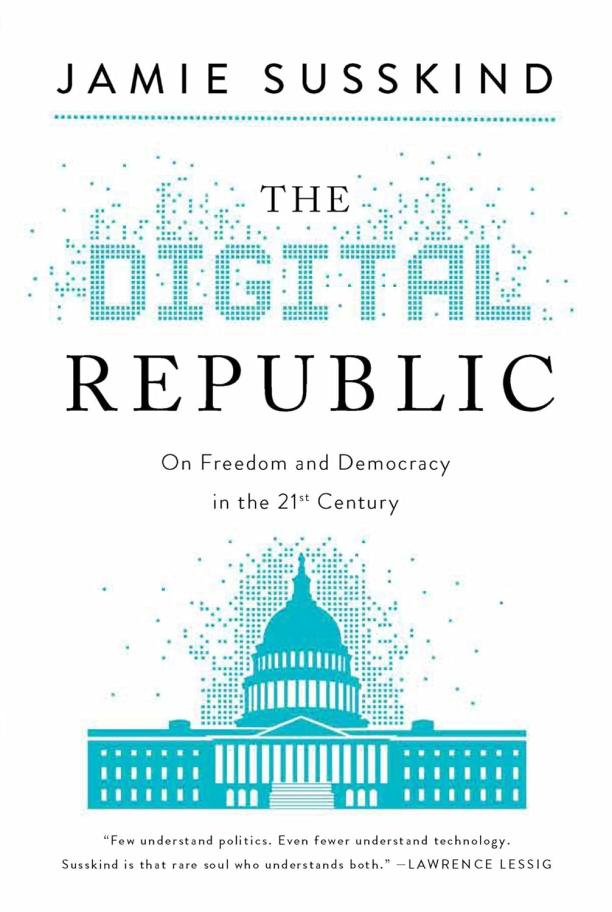
The Digital Republic
On Freedom and Democracy in the 21st Century
Jamie Susskind
The book explores the impact of digital technology on politics and society, arguing that these technologies are reshaping the nature of power and governance. It discusses the need for a new social contract to ensure freedom and democracy in an era where our lives are increasingly influenced by digital platforms and algorithms.
See full summary
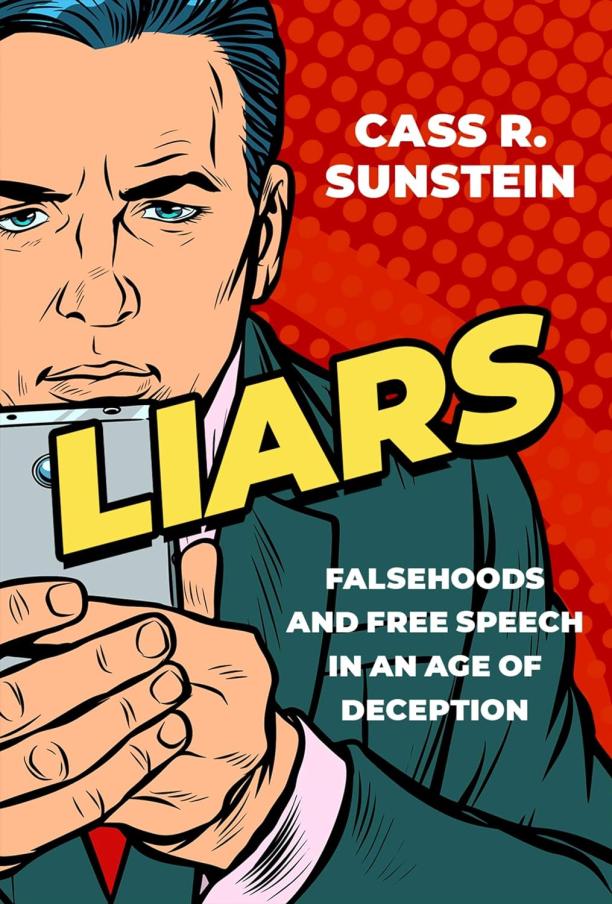
Liars
Falsehoods and Free Speech in an Age of Deception
Cass R. Sunstein
The book explores the balance between protecting free speech and regulating falsehoods, particularly in the digital age where misinformation can spread rapidly. It examines the potential harms of lies, the legal boundaries of free speech, and proposes frameworks for how society and law might address deceptive practices without undermining core democratic values.
See full summary
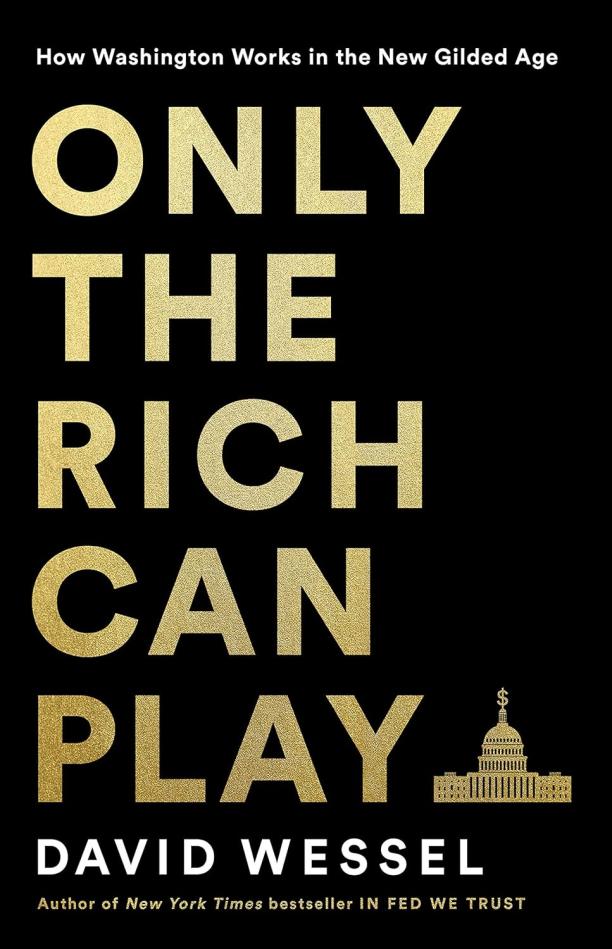
Only the Rich Can Play
How Washington Works in the New Gilded Age
David Wessel
The book delves into the creation and impact of Opportunity Zones, a tax incentive aimed at encouraging investment in distressed American neighborhoods. It examines the policy's implementation, its beneficiaries, and the question of whether it truly serves the impoverished communities it was designed to help or primarily enriches wealthy investors.
See full summary